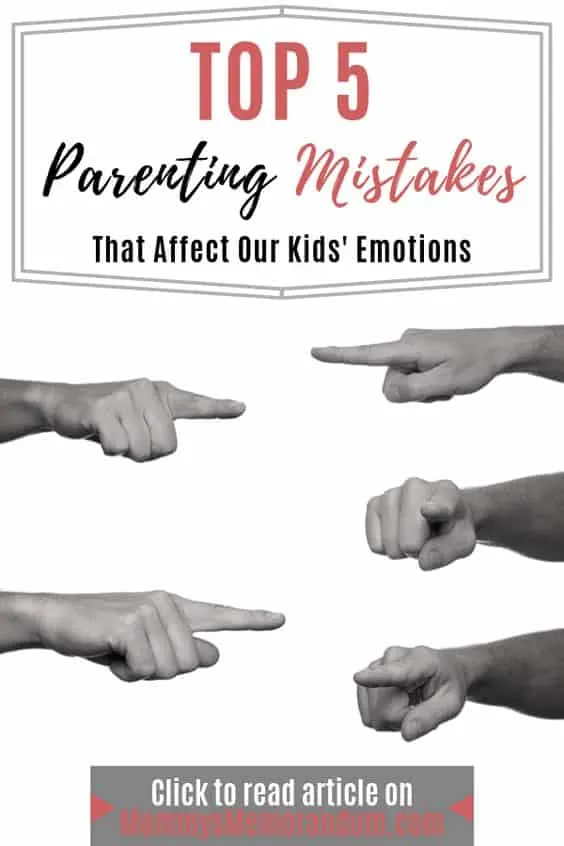Being a parent is a tough gig. There are giggles and grins, but there is also trying to raise resilient, responsible children, which means at times there’s being the one to dole out punishment for behavior. Attempting to validate what your child feels in all aspects of their life can be undaunting.
Understanding which feelings cause children to act out certain ways and teaching a child to know and love themselves helps give them an emotionally balanced life where they can make choices. As a parent, it’s easy to forget that experience has taught us many things and being flexible and available to our children’s emotional needs allow us to bond with them and form a lifelong bond of love. We implement positive parenting principles and techniques and sometimes hope for the best.
Dr. Sherie Campbell, Ph.D., provides more advice below as life continues and emotions build.

Why Is My Kid Shutting Me Out?
Our children are our lifelines. We have ideas and images of how we want them to be, feel, and grow. However, sometimes we are so wrapped up in our own perception of whom and how we want our children to be that we lose sight of who they uniquely are all together. According to Psychology Today, this creates an emotional disconnect that can be a breeding ground for low self-esteem, feelings of rejection and not being good enough in our kids — feelings that can lead to depression and anxiety.
5 Mistakes Made Parenting the Emotions of Our Children
1. Getting Annoyed: When our child is not living up to what we expect, we label them as being “too sensitive” or we feel there is something “defective” about them because they can’t or don’t have the confidence to do something we think is a no-brainer. The minute the annoyance is displayed, the child is shamed, which increases the original fear.
2. Invalidate: When our children feel what they feel and we don’t understand or agree with it, we invalidate them. According to Psych Central, when we invalidate their emotions, we make them “wrong” or “bad.” They should feel the way they are feeling because that is what is naturally coming up for them. We may not have that same sensitivity but it is not right to insinuate their sensitivities are less important than ours or someone else’s.
3. Push them to feel different: When our children have a fear of something, and we want them to get over it, we push them to feel different. They end up feeling misunderstood and alone. The more we push, the worse we can make their emotional state and the less likely they are to move through it. When we push, we are not in alignment with what our children are experiencing emotionally. Therefore, we can destroy our potential to connect with, understand and move them through their issues correctly.
4. Punish the emotion: When children hear that it is “ridiculous” in some form for them to feel how they feel, we take away something from them as a result, whether that be an opportunity or we withdrawal love we are punishing them for being human. We may not understand the emotions or even agree, but to punish them is not correct. We can punish behaviors that are more black and white, but not the emotions.
5. Do Nothing: Sometimes, when we don’t know what to do, we freeze and leave the situation alone, assuming if they need something, they will ask. This can be good at times, but other times, it is really important to at least knock on their emotional door and reassure them they are not alone. Never assume because they shut you out, they want to be alone.
We are emotional creatures. There is no right or wrong when it comes to the internal world. As parents, we need to create the space and language of reassurance our children need so the emotions can come, is normal and can be talked about, which allows the emotions to pass through. When we resist what our children feel, we reject them. They learn their emotions are bad; they repress them and then reject themselves. We must validate what they feel — not always what they do, but we must validate what they feel. It is the emotions that caused them to act in the way they did. If they can learn which feelings cause them to act certain ways, we teach them to know themselves and to balance their choices emotionally. We have to be flexible and available so we can be where our children are emotionally. This is what helps them to bond with us and others and, most importantly, to love themselves.
Little Life Message: If we do not recognize and empathize with our children’s emotions, they shut us out by shutting themselves off.
Parenting is a selfless act, and yet it requires balance.
Sherrie Campbell, Ph.D., is a veteran, licensed Psychologist with two decades of clinical training and experience providing counseling and psychotherapy services to residents of Yorba Linda, Irvine, Anaheim, Fullerton and Brea, California. In her private practice, she currently specializes in psychotherapy with adults and teenagers, including marriage and family therapy, grief counseling, childhood trauma, sexual issues, personality disorders, illness and more. She has helped individuals manage their highest high and survive their lowest low—from winning the lottery to the death of a child. Her interactive sessions are as unique and impactful as her new book, Loving Yourself: The Mastery of Being Your Own Person.
She earned her Ph.D. in Clinical Psychology in 2003 and has regularly contributed to numerous publications, including Intent.com, Beliefnet.com, DrLaura.com, and Hitched.com. She is also an inspirational speaker, avid writer, and proud mother.
Loving Yourself: The Mastery of Being Your Own Person is available on Amazon.com and other fine booksellers.
